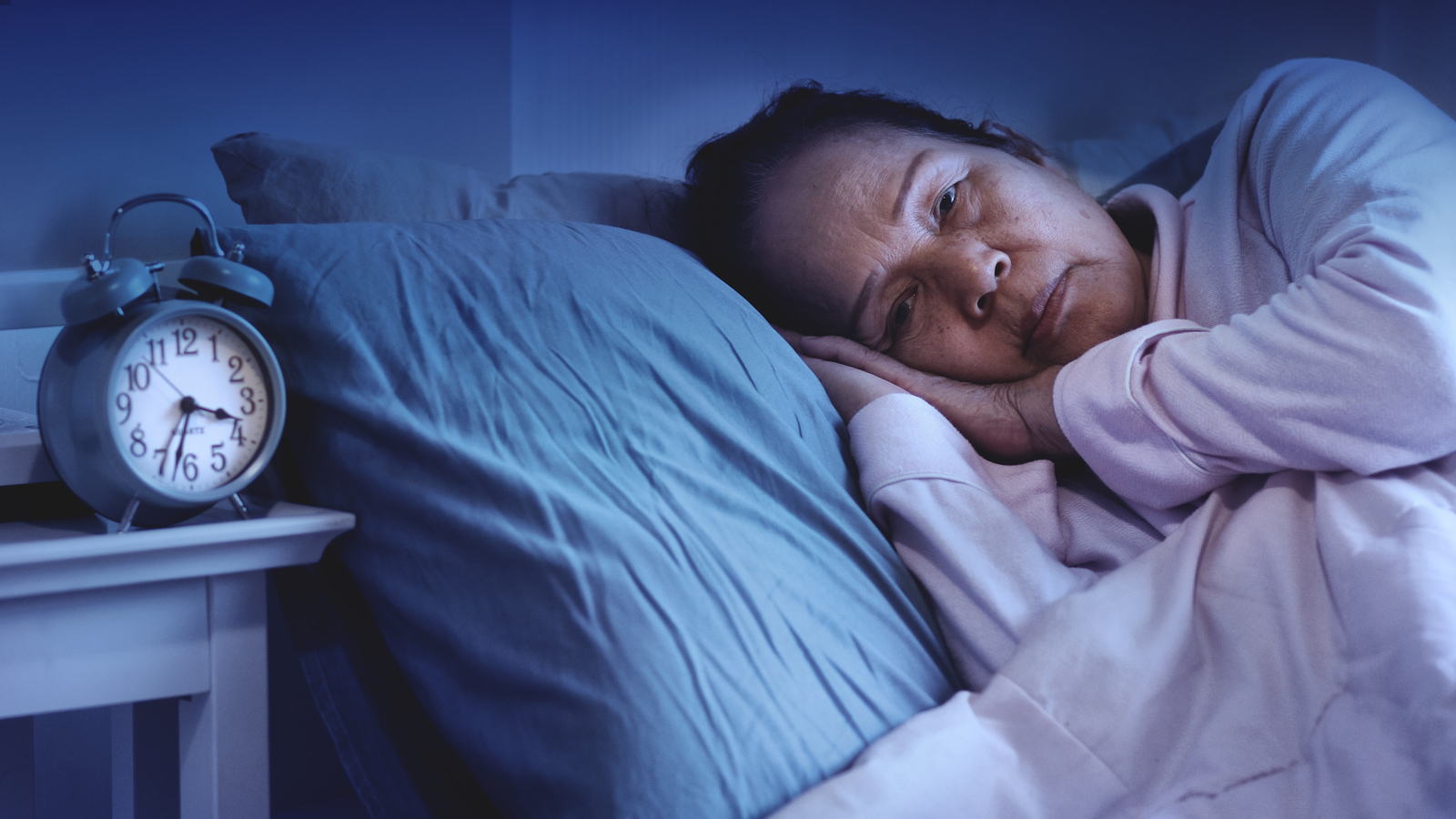We have all been there before: we are all more prone to grouchiness, irritability, and emotional instability when we lack sleep. In today’s fast paced society, sleep – specifically quality, restful sleep – is almost a luxury few can afford, and sleep deprivation has found its ways to affect our lives to varying degrees.
For seniors, many develop lighter sleep as they age, and sleep-related disorders such as sleep apnea, which affects 40 to 50 percent of seniors, and restless leg syndrome, which is thought to be clinically significant in 2.5 percent of people, are also common in aging.
Seniors with Alzheimer’s Disease and other dementias are also prone to these age-related factors that affect sleep. But dementia itself brings with it extra changes that may accentuate these late night awakenings.
Battle Of The Sheets
Due to the deterioration of the brain, a person with dementia experiences less deep sleep time, in turn making them wake up more at night. The circadian rhythm system, which is the body’s inner system for aligning itself with a 24-hour day, also becomes affected by the condition. REM sleep behaviour disorder, most commonly experienced in persons with Lewy-body dementia, can also cause violent movements that disrupt sleep. All these make sleep problems a common challenge for caregivers of loved ones with Alzheimer’s Disease and other dementias.
The truth is, if the person with dementia is not sleeping well, it also likely means that you as a caregiver are not sleeping well either. Getting sufficient sleep and rest is important for both persons with dementia and their caregivers. For caregivers, it would mean less energy to tackle this highly demanding role, which may lead to increased frustration and caregiver stress. To make matters worse, not getting enough sleep can worsen the behaviour and mindset of someone with dementia, resulting in mood swings and tantrums that can severely affect your morale for caregiving.
Putting Sleep Problems To Bed
While dementia-related sleep problems, like most problems afflicting older adults, tend to be multifactorial with many underlying factors causing it, this doesn’t mean that the problem cannot be improved. Here are some general approaches that can help people with dementia improve their sleep quality and, hopefully along the way, the general quality of their life.
Increase Day-time Activity
Just as how parents let their little ones let off steam in the day so as to achieve a more restful bedtime at night, increasing activities for persons with dementia in the day can not only promote a healthier lifestyle for them, it may help give their nighttime sleep a boost. Research published in the Journal of the American Geriatrics Society has shown that persons with Alzheimer’s Disease and their caregivers that engage in walking and light exposure have significantly less wake time and better sleep efficiency than those who were exposed to either one or none of those.
Establish A Regular Routine With A Consistent Wake-up Time

One of the reasons for dementia-related sleep problems is an upset in the “internal body clock,” causing a biological mix-up between day and night. By setting a consistent bed time and wake time and adhering to them, a pattern for quality sleep can be established.
Make The Environment Conducive For Shuteye
One of the often forgotten areas caregivers miss is the immediate sleep environment of the person with dementia. Optimize environmental cues for sleep, such as keeping the sleeping environment dark and quiet at night, setting it to a comfortable temperature, and keeping the person safe by installing night lights and appropriate door and window locks. These also help to minimise to risk of wandering, another common issue in persons with dementia.



